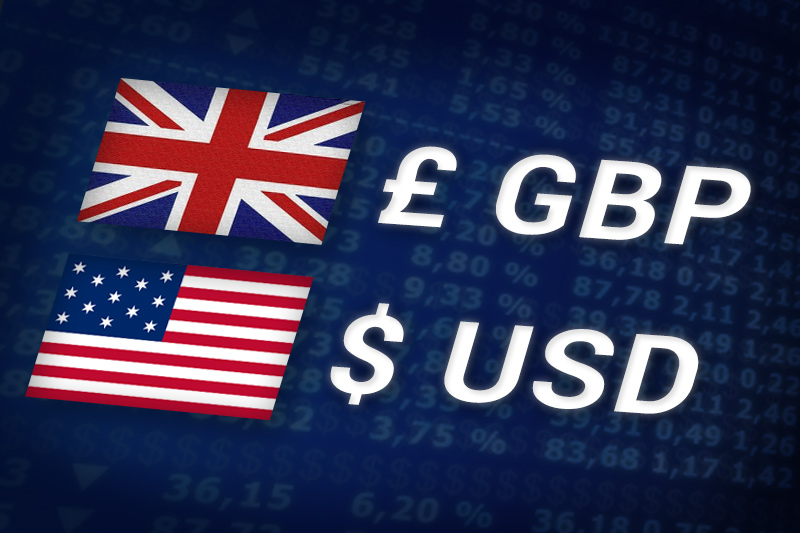Investing.com - The pound extended losses against the U.S. dollar on Wednesday, after the Bank of England said inflation is likely to remain above target for another 12 months, while growth is to remain vulnerable to risks from the crisis roiling the euro zone.
GBP/USD hit 1.5889 during European morning trade, the pair’s lowest since April 17; the pair subsequently consolidated at 1.5906, shedding 0.54%.
Cable was likely to find support at 1.5818, the low of April 16 and resistance at 1.5998, the session high.
In its quarterly inflation report, the BoE said inflation will not fall back as quickly as hoped and was likely to remain above its 2% targeted rate for at least another year.
The BoE also revised down economic growth forecasts, with policymakers now expecting an annual rate of growth of approximately 2.6% in two years' time, compared with February's forecast of 3%.
BoE Governor Mervyn King said that sovereign debt crisis in the euro zone posed the single biggest threat to the U.K. economic recovery.
Earlier Wednesday, official data showed that the number of people claiming unemployment benefits in the U.K. posted the largest monthly drop since July 2010 last month.
The Office for National Statistics said that the claimant count fell by a seasonally adjusted 13,700 in April, defying expectations for an increase of 5,000.
The U.K. unemployment rate ticked down to 8.2% from 8.3%, declining for the second consecutive month.
The pound retreated from a three-and-a-half year high against the euro, with EUR/GBP rising 0.44% to hit 0.7994.
Later Wednesday, the U.S. was to produce official data on building permits and housing starts, followed by reports on the capacity utilization rate and industrial production. In addition, the Federal Reserve was to publish the minutes of its most recent policy meeting.
GBP/USD hit 1.5889 during European morning trade, the pair’s lowest since April 17; the pair subsequently consolidated at 1.5906, shedding 0.54%.
Cable was likely to find support at 1.5818, the low of April 16 and resistance at 1.5998, the session high.
In its quarterly inflation report, the BoE said inflation will not fall back as quickly as hoped and was likely to remain above its 2% targeted rate for at least another year.
The BoE also revised down economic growth forecasts, with policymakers now expecting an annual rate of growth of approximately 2.6% in two years' time, compared with February's forecast of 3%.
BoE Governor Mervyn King said that sovereign debt crisis in the euro zone posed the single biggest threat to the U.K. economic recovery.
Earlier Wednesday, official data showed that the number of people claiming unemployment benefits in the U.K. posted the largest monthly drop since July 2010 last month.
The Office for National Statistics said that the claimant count fell by a seasonally adjusted 13,700 in April, defying expectations for an increase of 5,000.
The U.K. unemployment rate ticked down to 8.2% from 8.3%, declining for the second consecutive month.
The pound retreated from a three-and-a-half year high against the euro, with EUR/GBP rising 0.44% to hit 0.7994.
Later Wednesday, the U.S. was to produce official data on building permits and housing starts, followed by reports on the capacity utilization rate and industrial production. In addition, the Federal Reserve was to publish the minutes of its most recent policy meeting.
